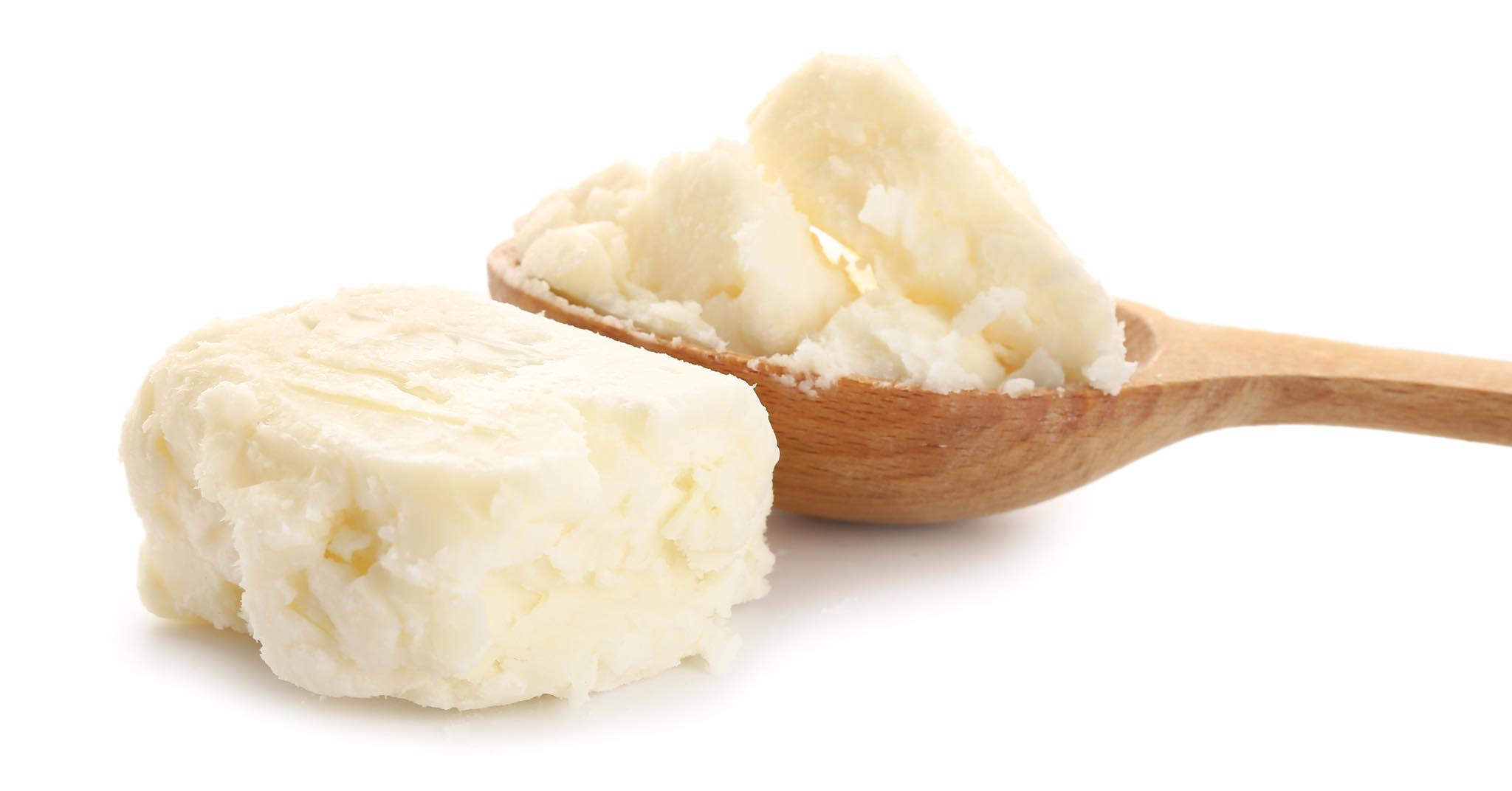
Shea butter is a nourishing and natural substance derived from the nuts of the shea tree. It has exceptional moisturizing properties which makes it a popular choice for skincare.

What does Pure & Original shea butter looks like?
Pure, unrefined shea butter has distinct characteristics that set it apart from adulterated ones. Here’s how you can recognize genuine, unrefined shea butter.
Texture: Pure shea butter has a thick, creamy texture that is slightly grainy to the touch. It may have natural variations in color, ranging from pale yellow to light beige. It is not perfectly smooth like a processed, refined version.
Smell: Unrefined shea butter carries a nutty, earthy, and slightly smoky aroma. This scent is an indication that the shea butter has not undergone extensive processing or had fragrances added to it.
Absorption: When applied to the skin, pure shea butter is absorbed slowly, leaving a protective, non-greasy barrier. It deeply moisturizes and can take some time to fully soak in.
Melt Point: Shea butter has a relatively low melt point. When applied to the skin, it begins to melt with body heat, making it easy to spread.
Shea Butter and Children’s Skin
Shea butter is a natural, gentle skincare option for children. It deeply moisturizes, soothes irritation, and forms a protective barrier. Shea butter is rich in vitamins and fatty acids, it supports skin health, elasticity, and can help with minor scars or blemishes. It’s safe for all ages and especially beneficial for sensitive or dry skin.
And because it lacks harsh chemicals or synthetic additives that can be found in many commercial skincare products. We can say shea butter is a gentle and safe option babies, toddlers and Kids of all ages.
Can shea butter darken the skin?
Shea butter is often associated with claims of providing a natural means to lighten or even out skin tone. However, it’s important to clarify that shea butter is not a skin-lightening agent in the same way as chemicals like hydroquinone or certain bleaching creams. Instead, it can help improve the overall health of the skin
Any changes in skin tone can be influenced by a variety of factors, including genetics, sun exposure, and individual skin chemistry.
While shea butter has numerous benefits, it’s not without its limitations. One concern is its interaction with sun exposure, which can lead to skin darkening.
Shea butter contains natural compounds that may increase the skin’s sensitivity to sunlight. This can potentially lead to a greater risk of sunburn or pigmentation changes if applied heavily before extended sun exposure.
For prolonged outdoor activities, especially during peak sun hours, a proper sunscreen should be used in addition to shea butter. And if you have serious concerns about the impact of shea butter on you or your Child’s skin tone, you may consider conducting a patch test on a small area of skin before applying it more broadly.

Leave a Reply